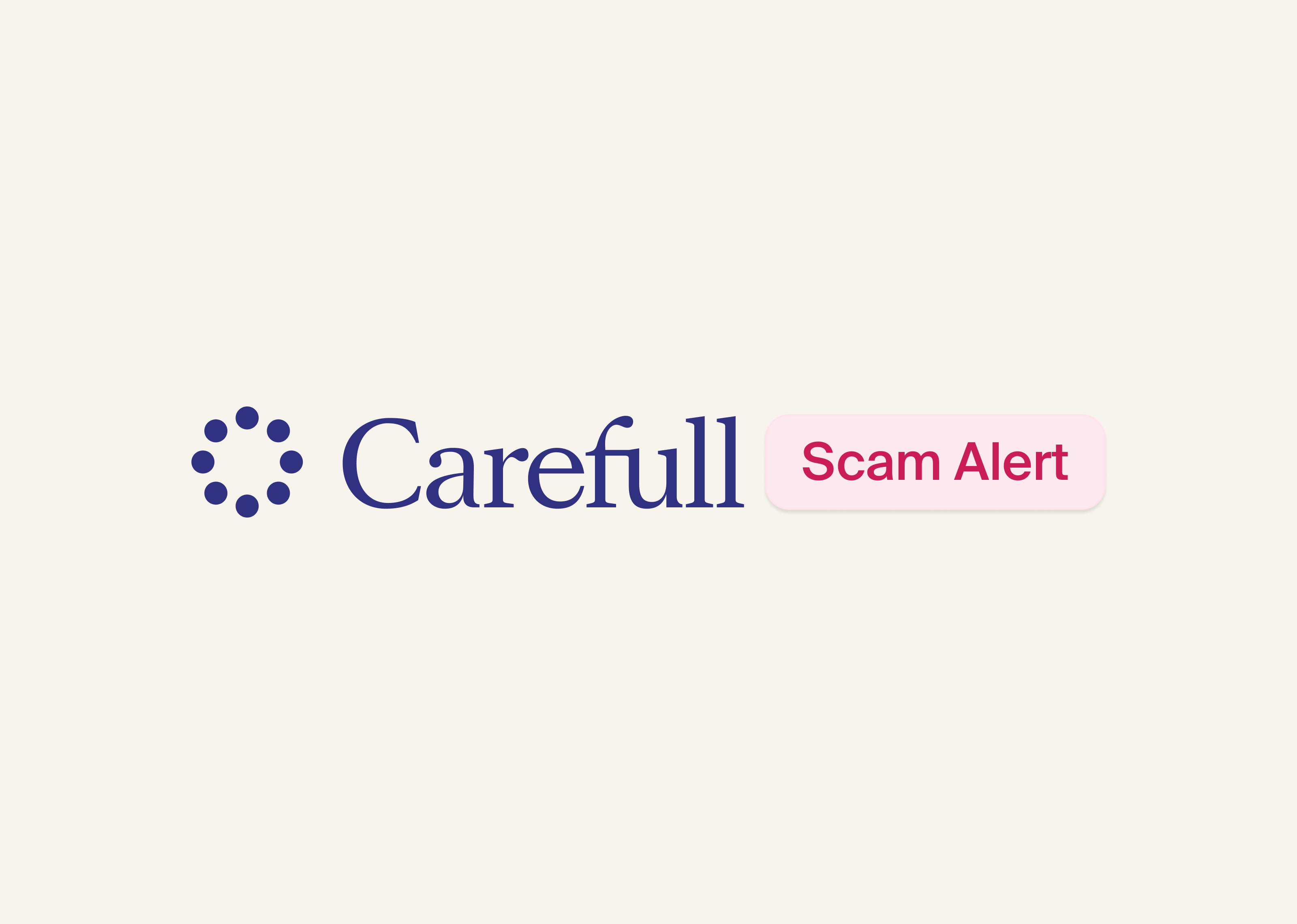Watch Out for Social Security COLA Scams

If you get an offer to activate a cost-of-living adjustment for Social Security benefits, it’s a scam.
The Social Security Administration approves an annual cost-of-living adjustment (COLA) so that Social Security benefit amounts increase to keep pace with inflation. Because inflation has been high, benefits are increasing 8.7% in 2023—the biggest increase in 42 years.
Social Security recipients don’t have to do anything to receive the cost-of-living adjustment. But scammers would like them to believe that they do. Both the Social Security Administration and Better Business Bureau have received reports of criminals claiming to be with the Social Security Administration and trying to trick people into sharing their personal information to get a COLA increase.
Here’s how to recognize this scam and how to avoid it.
How Social Security scams work
Scammers are reaching out by phone, email and text messages and claiming to be with the Social Security Administration. These impersonators then claim that you must apply to receive the cost-of-living adjustment to your Social Security benefits, according to BBB. They might ask you to share information over the phone, by text or email to apply or direct you to a website.
They typically will ask for personal information, such as your name, address and Social Security number, to verify your identity. According to BBB, scammers also might ask for bank account information to deposit Social Security benefits into your account.
Scammers can use your personal information to open new lines of credit and rack up debt in your name, file tax returns in your name to steal refunds or even steal your government benefits. If they gain access to your bank account, they can steal your money.
Warning signs of Social Security scams
The COLA scam is the most recent of a variety of Social Security scams. The stories scammers tell can vary, so it’s important to be on the lookout for these red flags.
- An unsolicited call, email or text message from someone claiming to be with the Social Security administration. The Social Security Administration typically communicates by mail. It sends emails and text messages only to people who have signed up to receive notifications by text or email, according to the Social Security Administration. So if you haven't signed up at SSA.gov to receive texts or emails from the Social Security Administration, any texts or emails you receive claiming to be from Social Security are scams.
- Threats: The Social Security Administration doesn't threaten people with fines, suspension of their accounts, arrest or legal action. It also doesn’t demand your personal information for you to receive an increase in benefits. The cost-of-living adjustment is automatic.
- Requests for payment by cash, gift card, prepaid card, wire transfer or cryptocurrency: The Social Security Administration doesn't accept these forms of payment. Anyone who actually owes any money to the Social Security Administration is notified by mail and typically is told to pay by online at Pay.gov or by check in-person at a Social Security office.
[ See: How to Spot Government Imposter Scams ]
How to avoid Social Security scams
The best way to protect yourself is to hang up on callers claiming to be with the Social Security Administration and to avoid clicking on links in emails or text messages. Better yet, let all calls go to voicemail. Scammers typically won't leave messages. If they do, don't call the number that is provided. Look up the number for your local Social Security office and call it directly to see if it has been trying to reach you.
Also, create a my Social Security account at SSA.gov. This is a free online account that allows you to manage your benefits. Scammers have been known to use stolen Social Security numbers to set up accounts in people's names and change payment information to steal benefits. Setting up a my Social Security account can prevent a scammer from setting up a fraudulent account in your name.
Sign up for credit and identity monitoring. A credit and identity monitoring service, such as the one provided by Carefull, will alert you to unusual activity on your credit reports and misuse of your personal information. Such a service won't prevent your Social Security number from being stolen, but it will allow you to limit the damage if you take action as soon as you receive an alert. If you're not monitoring your credit and identity, it could be months (or longer) before you realize your identity has been stolen—at which point the damage can be much greater and harder to repair.
Most importantly, remember (as stated above) that the Social Security cost-of-living adjustment is automatic. You don’t have to apply for it, provide personal information to receive or pay any sort of fee.
How to report Social Security scams
If you receive a suspicious call, text or email, do not engage with the caller or sender. Report the scam to the Social Security Administration’s Office of Inspector General using this form. The Social Security Administration recommends gathering as much information as possible, including screenshots of any text messages or photos of emails or mailings you receive.
If you shared your personal information with a scammer, report it to the FTC's Identitytheft.gov and to local law enforcement. It can be helpful to have a police report showing your identity was stolen if fraudulent accounts are opened in your name.
[ Keep Reading: What to Do When Your Identity Is Stolen ]

3 Steps to Safer Money,
Try it Free for 30 Days
Step 1
Start your free,
no-risk trial
Step 2
Connect the accounts and cards you want protected
Step 3
Stay alerted to any
unusual activity



.png)



